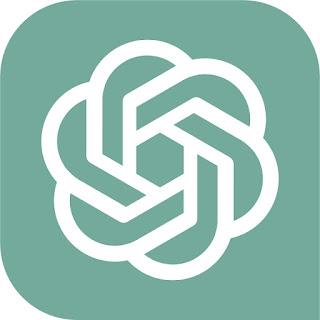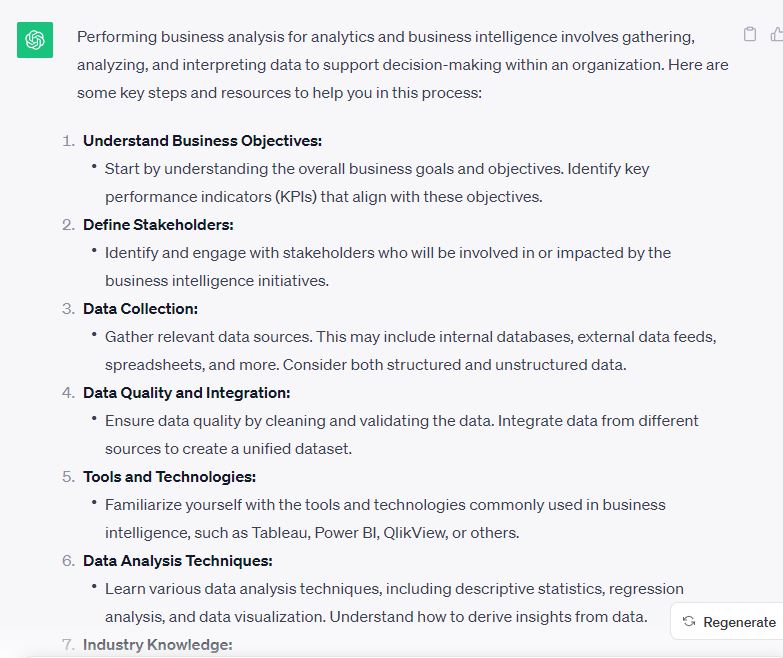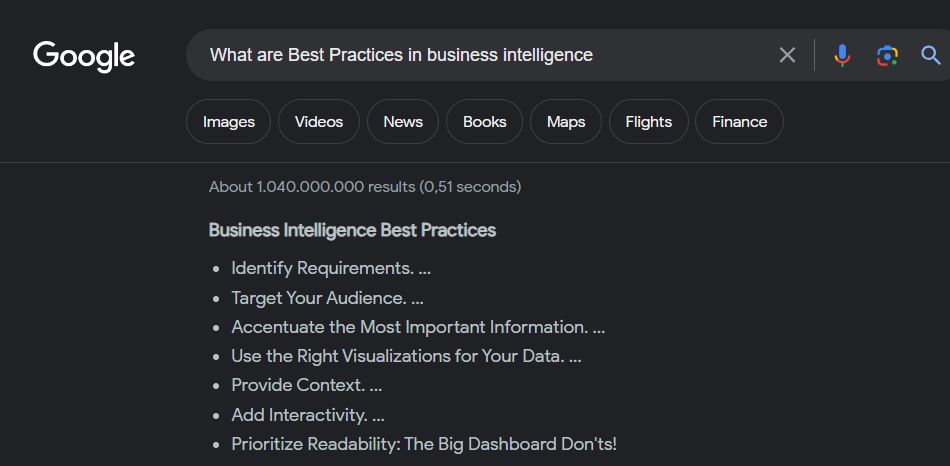ChatGPT (Chat Generative Pre-trained
Transformer), is a language model-based chat bot developed by OpenAI enabling
users to refine and steer a conversation towards a desired length, format,
style, level of detail, and language. Many of my colleagues are assessing the impact
of Artificial Intelligence products on their practice and the jury is still out
there: some of them consider it a threat that will wipe out their business
model and others see it as an opportunity to improve productivity and
effectiveness of their practice.
I have a somewhat different opinion. Language
training models use gigantic amounts of data to train the models but I am
afraid if you want to use the Internet data you certainly have a massive amount
of data but of dubious and not always verifiable quality.
General Internet data is polluted with
commercial content, hoaxes and ambiguous statements that need strong cultural
background analysis to make sense of it.
The data that has better quality than
general Internet data is almost always protected by a copyright; Therefore use
without permission is not always gentlemanlike to say the least.
Another source of training data are the
whitepapers and other information packages you get in exchange for your data:
e-mail, function, company,… These documents often start with stating a problem
in a correct and useful way but then direct you to the solution delivered by
their product.
The best practices in business analysis and
enterprise architecture are -I am afraid- not on the Internet. They’re like
news articles behind a paywall. So if you ask CHAT GPT a question like “Where
can I find information to do business analysis for analytics and business
intelligence?” You get superficial answers that –at best- provide a starting
point to study the topic.
A screenshot of the shallow and casual
reply. It goes on with riveting advice like “Stay Informed”, “Training and Certification”,
“Networking”, “Documentation”,…
And the question “What are Best Practices
in business intelligence” leads to the same level of platitudes and triteness:
- “Align with business goals” who would have thought that?
- “User involvement and collaboration” Really?
- “Data Quality and Governance” Sure, but how? And when and where?
In conclusion: a professional analyst or enterprise architect has nothing to fear from ChatGPT.
At best, it provides a
somewhat more verbose and redacted answer to a question saving you the time to
plough through over a billion answers from Google.



Geen opmerkingen:
Een reactie posten